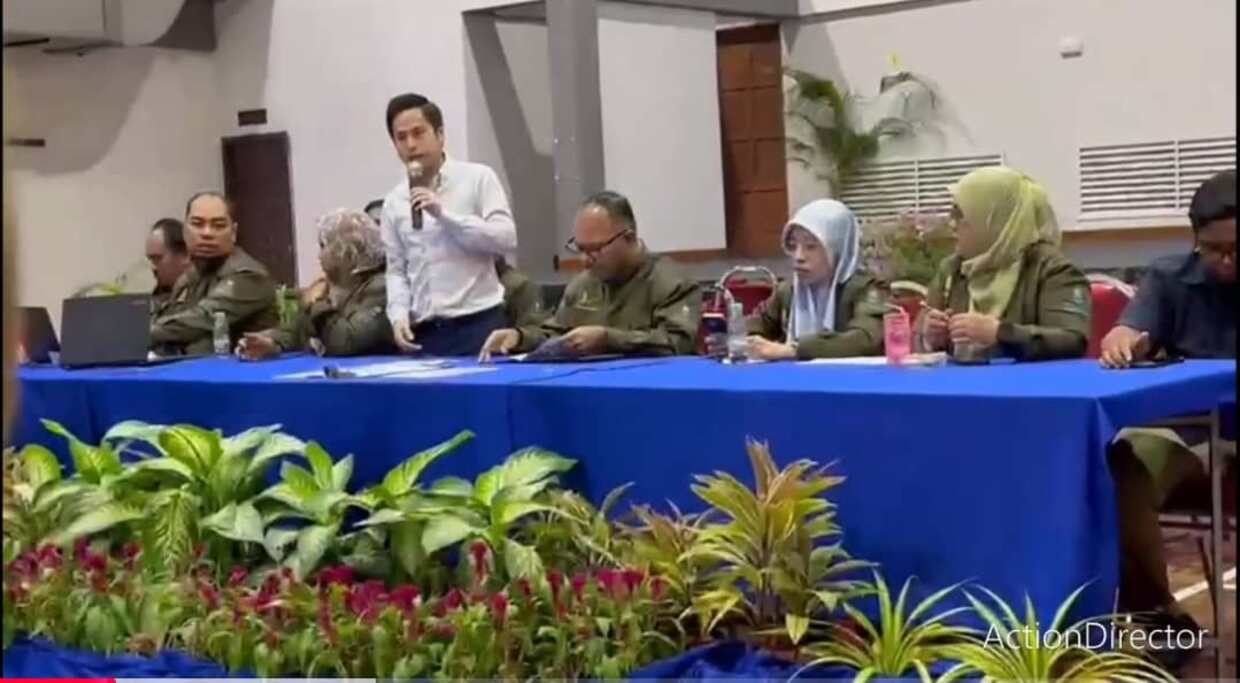No one deserves the anguish of seeing the bodies of your loved ones splashed across the front pages of major newspapers.
But that is precisely what happened when news broke of a tragic accident that killed five in a family. Their corpses, lain by the roadside, were pictured on the front page of various newspapers.
Where is the sensitivity? Where is the compassion or understanding of what constitutes incredibly bad taste?
Was it really necessary for newspapers to feature the picture, knowing full well the accident had survivors?
Chew Chin Loi lost her husband, her mother and three of her six children in the accident. Right now, she is lying injured in the hospital and perhaps has already seen her family’s bodies in newsprint.
To the editors who cleared the photos for publication: did you really have to traffic in another person’s suffering to sell your newspapers?
Has the standard of journalism dropped so much in this country that we have to cheapen tragedy to this extent?
Perhaps the answer can be found in the dwindling circulation of our major newspapers. Advertising revenues are down as well as readership which might explain why editors have thrown both caution and sensitivities to the wind.
Making it personal
One of the dead, Joash Wee, was a member of Malaysiakini’s citizen journalism program. His death at the young age of 23 was a shock to us all here at Malaysiakini, with his fellow citizen journalists mourning the loss of such a personable young soul with much potential.
I think now of his mother and his two siblings who survived the crash. And of his sister in the UK whose next homecoming will be one darkened by the loss of her father and siblings. The irony is that most of Malaysia’s newspaper reading public will have seen their bodies before she manages to say her last goodbye.
Our mainstream media is oft too shackled by political interference to report on matters deemed ‘sensitive’ yet they see it fit to plaster the corpses of a family with no thought for their loved ones. I wonder if the papers would have been so quick to put the bodies on display if they were relatives of politicians or respected luminaries.
If newspapers have sunk so low by competing with each other to traffic in this family’s pain, then as Robert Fisk said: no wonder the bloggers are winning.
People are turning to the Internet not because they want gore or sensationalism. The Internet fills a void that our newspapers do not. Instead of fighting to report on the same things and pushing the same story, the newspapers would do well to find news that matter to the community.
The Elements of Journalism state that journalism’s first obligation is to the truth and its first loyalty is to citizens.
By failing to adhere to the first obligation, our newspapers are disloyal to the people it serves. The lurid sensationalising of the Wee family accident is just a sad case of our papers once again forgetting that their duty is to serve citizens.
With their tasteless coverage of the Wee family tragedy, our newspapers have failed not just them but all Malaysians. It is not the Internet nor Malaysians that they should blame for their increasing irrelevance, but their own ignorance to the duty they owe to the citizens they claim to serve.











